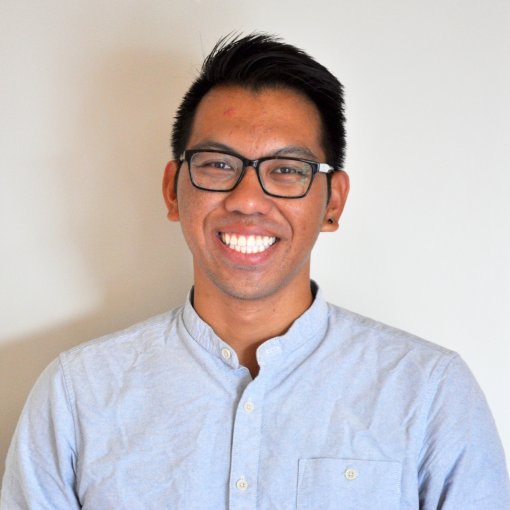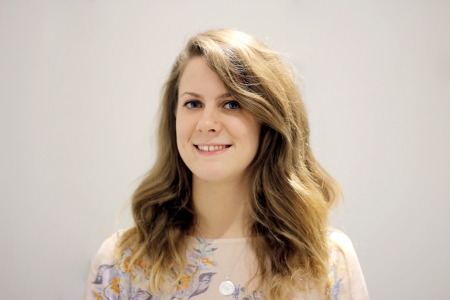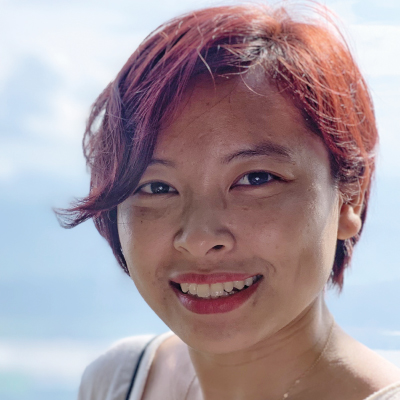Celebrate 5 years of Charles Benton Early Career Scholar Awards with ARNIC awardees
This year is the fifth year since TPRC and the Benton Institute for Broadband & Society have launched the TPRC Charles Benton Early Career Scholar Awards. In her address to the community, Adrianne B. Furniss, the Executive Director of the Benton Institute, recaps the achievements of previous winners. We are proud to have three ARNIC members winning the award in the past five years. Let’s celebrate this special moment with them!
In 2018, ARNIC alum Matthew Bui and Rachel Moran were awarded for their work discussing challenges communities of color face. Their paper, titled Race, ethnicity, and telecommunications policy issues of access and representation: Centering communities of color and their concerns, was later published in Telecommunications Policy. In this paper, they highlighted robust telecommunications policy debates within communities of color.

Matthew Bui is now an assistant professor at the University of Michigan’s School of Information where he focuses on data science and data-driven tools. He was recently awarded a $30,000 Kauffman Foundation grant to examine how entrepreneurs of color navigate algorithmic bias on digital platforms.

Rachel Moran is now a Postdoctoral Fellow at the Center for an Informed Public, at the Information School at the University of Washington. Rachel now focuses on the topic of misinformation. She is challenging Anglocentricity in research and showing how dis- and mis-information differentially impact historically marginalized communities. She wrote to Adrianne B. Furniss, saying:
Being a Benton scholar was a truly fantastic experience that allowed me to connect with a diverse and incredibly talented network of scholars, activists and researchers – it really shaped and challenged my research agenda.

In 2020, current ARNIC student Hoan Sarah Nguyen won the award for her work on ICTs Use for Mitigating Social Exclusion in the Lives of Homeless Women. She discusses social exclusion faced by homeless women and argues that positive digital uses can help them improve their lives. During COVID-19, she’s helped form and develop a digital health platform startup in California offering an electronic health record solution to patients and providers alike.